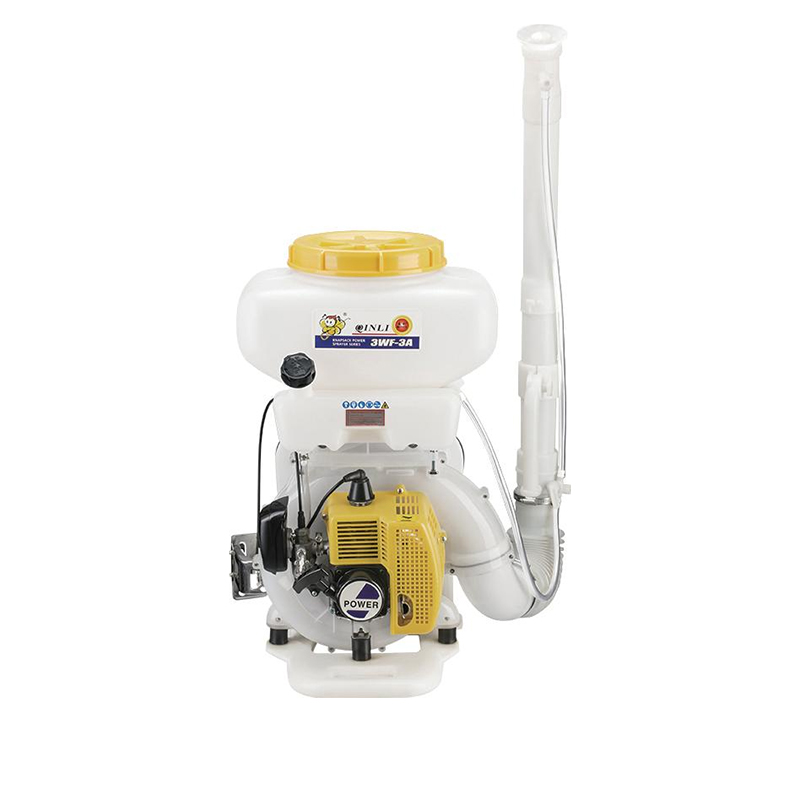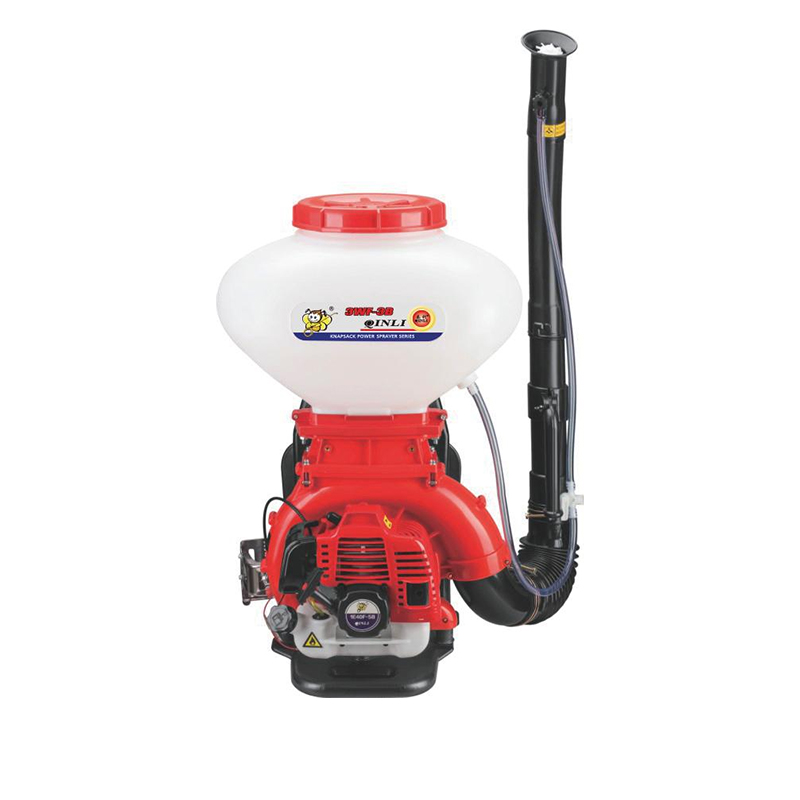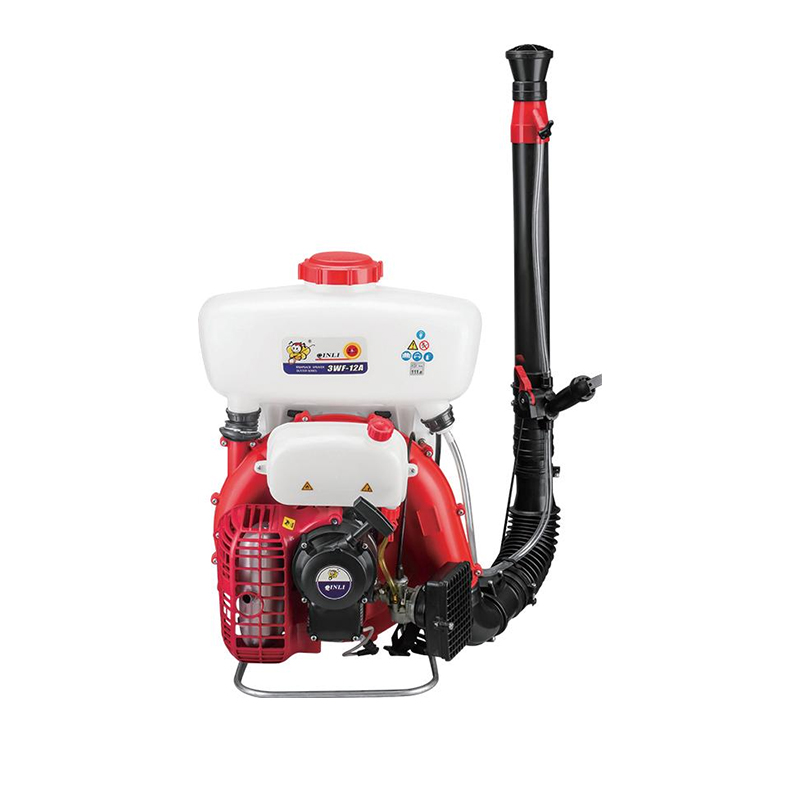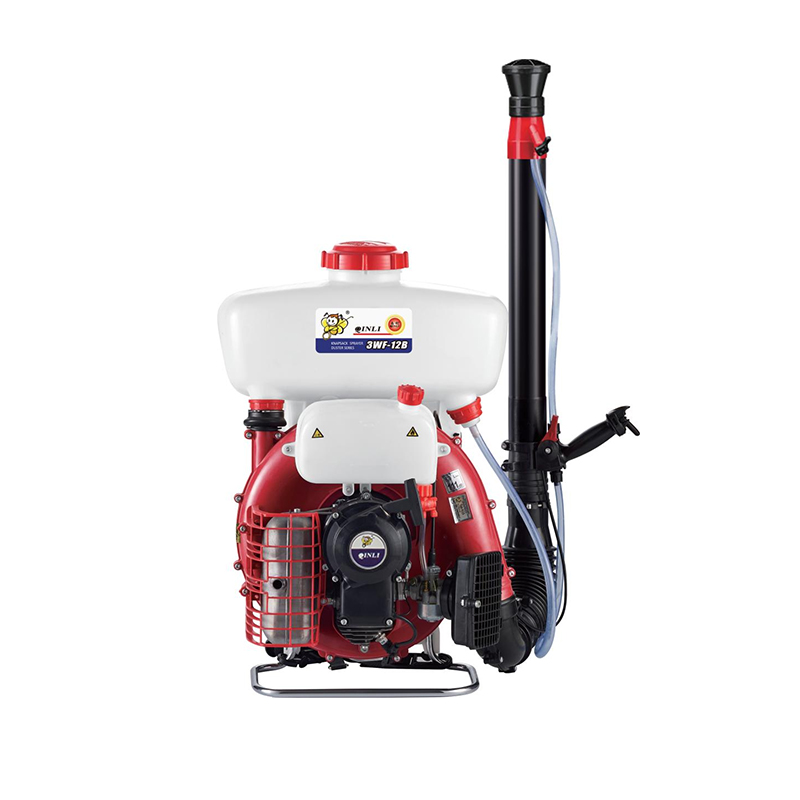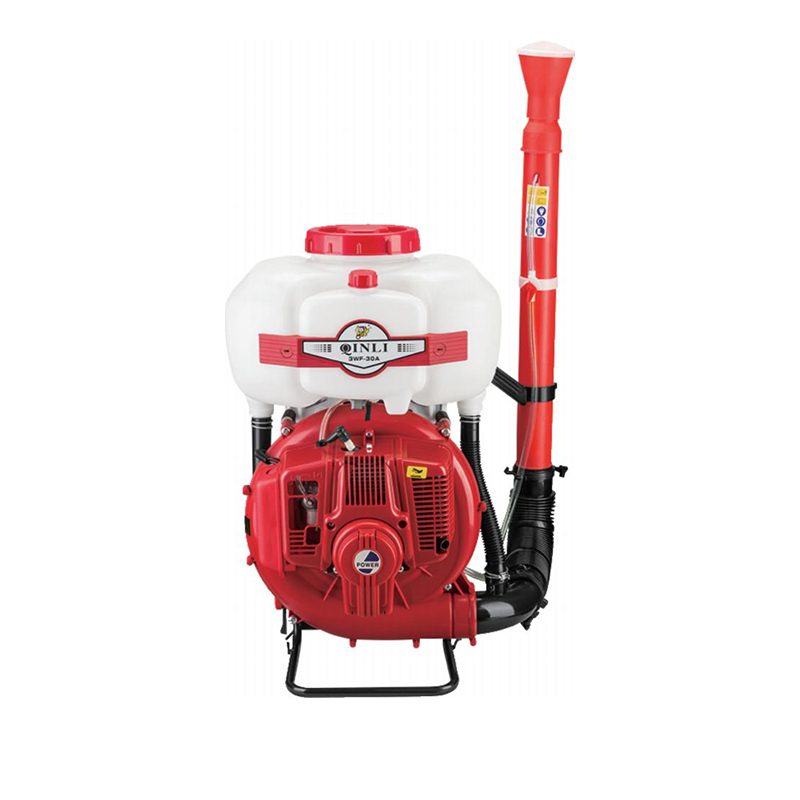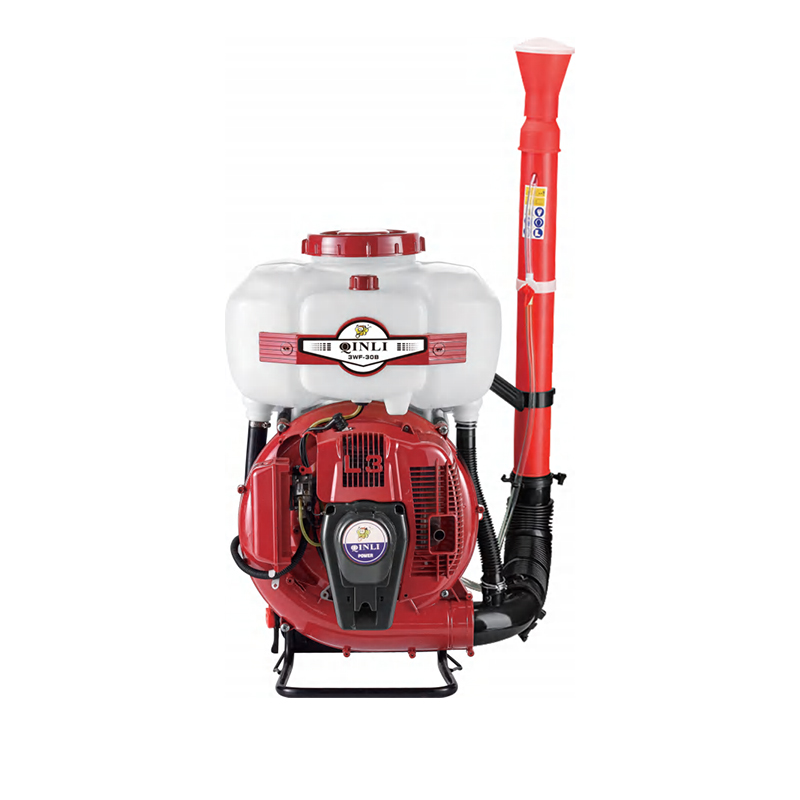Product Search
Agriculture Portable High Pressure Gasoline Water Pump for Water Management Applications
An agriculture portable high pressure gasoline water pump is a versatile and practical tool for farmers and agricultural workers. Its primary function is to transfer water efficiently from one location to another, making it suitable for irrigation, drainage, and other water management tasks. The portability and gasoline-powered operation allow users to work in remote areas where access to electricity may be limited.
One of the main advantages of a gasoline water pump is its ability to deliver a consistent water flow under high pressure. This feature is particularly useful for irrigating large fields, supplying water to livestock, or filling storage tanks. Unlike manual or electric pumps that may require a fixed power source, a gasoline pump provides the flexibility to operate in different environments, including fields, orchards, and construction sites.
The design of a portable high pressure water pump focuses on durability and ease of use. Typically, the pump includes a gasoline engine, a water inlet, and an outlet connected to a high-pressure impeller. The engine drives the impeller, generating sufficient pressure to move water efficiently over long distances or to higher elevations. Many models are designed to handle various types of water, including river water or water with minor sediment, although proper filtration is recommended to prevent damage to the pump.
Portability is a key feature of this type of pump. more models are compact and equipped with a frame or handles that allow for easy transportation. Farmers can carry the pump between fields or onto uneven terrain without requiring additional equipment. The lightweight design also reduces operator fatigue, making it possible to use the pump for extended periods without difficulty.
Durability is an important consideration for agricultural water pumps. Manufacturers typically use high-quality materials for the engine housing, impeller, and pump casing. These materials resist corrosion and wear, which helps maintain performance over time. Routine maintenance, such as checking fuel lines, cleaning the inlet filter, and inspecting seals, can further extend the pump’s lifespan and ensure consistent operation.
Fuel efficiency is another advantage of modern gasoline water pumps. Engines are designed to provide sufficient power while small fuel consumption. Users can adjust the throttle to match the water flow requirements, which helps conserve fuel during prolonged operation. This efficiency reduces the need for frequent refueling, making the pump practical for long-term agricultural use.
Safety and ease of operation are also important considerations. more pumps include basic safety features such as vibration-dampening mounts, stable frames, and clear operating instructions. Using appropriate protective equipment, including gloves and eye protection, helps prevent accidents while handling the pump. Familiarity with the operating procedure ensures smooth and safe water transfer.
Applications for an agriculture portable high pressure gasoline water pump are diverse. In irrigation, it can supply water to crops or fill irrigation canals. It can also be used to drain water from flooded fields or provide a water source for livestock. In construction or landscaping projects, the pump can assist in moving water to areas without direct access.
In summary, an agriculture portable high pressure gasoline water pump is a reliable and versatile tool for managing water in agricultural settings. Its combination of portability, durability, and efficient operation makes it suitable for a variety of tasks. With proper maintenance and safe handling, this type of pump can provide consistent performance for several years, supporting effective water management and crop production.
Recommended Products
- CONTACT DETAILS
-
- +86-13857697898
- +86-576-88121879
- export@qinlisprayer.com
- 18 Yanhai, sanjia Street, Jiao Jiang Dis, Taizhou city, Zhejiang, China
 Download Sample
Download Sample
- PRODUCT CENTER
- SEND A MESSAGE



 English
English  中文简体
中文简体  Español
Español  عربى
عربى 

